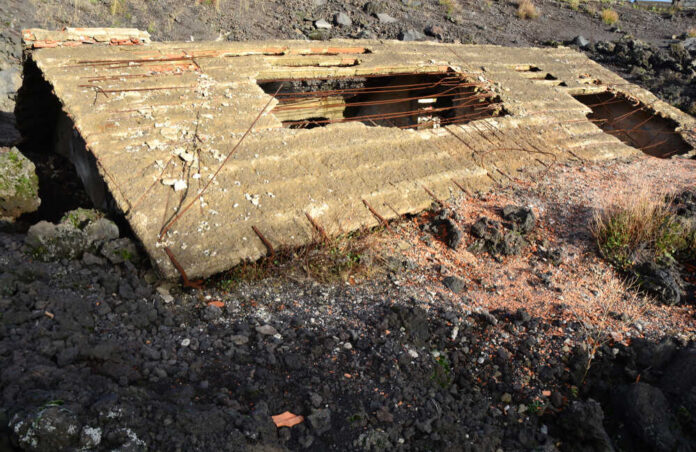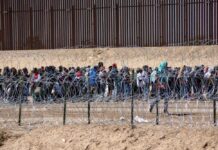
The Hrannar Jon Emilsson from the little fishing community of Grindavík, Iceland, saw his new home engulfed in lava on live television.
The second volcanic eruption in southwest Iceland destroyed the home in under a month. Its eruption occurred on December 19, weeks after earthquakes caused a miles-long fissure in the ground and destroyed structures, forcing the evacuation of almost 3,800 people from Grindavík. Fortunately, the eruption didn’t last long, and residents could return to their houses on December 22—just in time for Christmas.
A report shows that lava flows were again directed toward the fishing community when the eruption resumed. The community was ordered to evacuate when a fissure erupted just north of the town, bringing lava into the settlement, according to the country’s meteorological service.
Emilsson saw the destruction of the house he had been constructing as he watched the events unfold on the local television.
The Icelandic Meteorological Office reported in mid-January that the eruptive fissures no longer show any activity. A fissure located north of the town was the source of the current lava flow, and the office reported that the area is showing signs of stabilization due to the decrease in seismic activity.
According to the office, the magma is still making its way throughout the country, and data from GPS devices indicates that it is continuing to expand in Grindavík. Thermal imaging has also shown the substantial enlargement of cracks that originated southwest of the town. The eruption has not yet ended, and the location is still quite dangerous.
In December of last year, in preparation for more lava flows, Icelandic authorities made a last-ditch effort to build enormous earthwork barriers to divert the flow from the town.
According to Fannar Jónasson, the Grindavík mayor, the eruptions generate anguish among the people and may have severe ramifications for them, as the lava clogs water and heating pipes in the heart of winter in the Arctic. According to him, these are special circumstances, and the people feel broken and sad.














